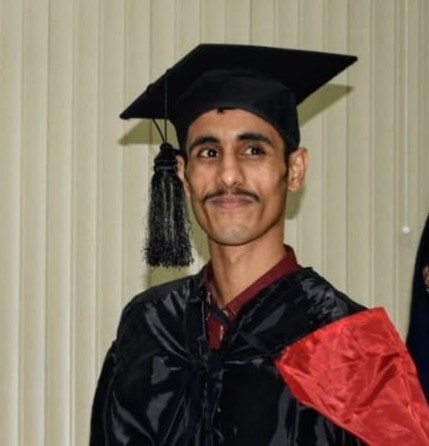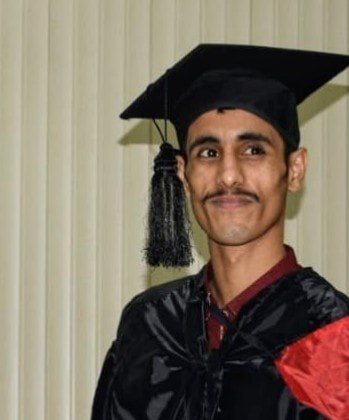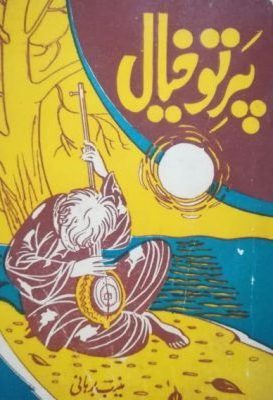Pakistan Library Association

Author: Faizan Irfan
Mphil scholar (Punjab University)
Lecturer Library Science (Govt. Associate College, Safdrabad)
Pakistan Library Association
The Pakistan Library Association is the national body that represents librarians in Pakistan, established in Karachi in March. Prior to the foundation of the PLA, there was a group called the Pakistan Bibliographical Working Group (PBWG) that promoted library operations. “It was the PBWG that, at its meeting on July 6, 1954, created an Adhoc Committee with H. A. Qazi as its Chairman, to form a National Association for Librarians,” according to Dr. Anis Khurshid.
The Adhoc Committee members include Syed Vilayat Hussain, Khawaja Noor Elahi, Fazal-e-Elahi, and Akhtar H. Siddiqui. Apart from that, the PLA is in charge of representing professional librarians’ interests and working to grow and improve libraries in both the formal and informal sectors of education and research. Furthermore, the PLA also serves as a link between Pakistani and worldwide library groups with similar goals and objectives. It also succeeded to improve the public perception of librarians.
Headquarter and Branches of Pakistan Library Association
In addition, the Association has a headquarters and five branches in four provincial capitals and one in Islamabad in the Federal Capital of Pakistan. However, the Headquarter of the PLA rotates between Karachi, Lahore, Islamabad, Peshawar, and Quetta every two years. Also, PLA published its journals namely, “Pakistan Library Association Journals”. And the last, its membership is open to all library professionals of the country.
Plans for the Future
Professional staff employed by various academic institutions (universities, colleges, schools, medical colleges, technical institutes, and so on) should be classified as teaching staff with the same pay, allowances, and technical pay as teaching staff, and their status should be equal to that of faculty members. Followings are the future plan of PLA:
- The nomenclature for various librarian positions should be harmonized.
- Librarians both inside and outside the country will be given training chances.
- All colleges should introduce Library Science as an optional course at the inter and B. A. levels, and a lecturer position should be provided
- The PLA will host a variety of workshops, seminars, conferences, book fairs, book day, library day, book launching ceremony, and other activities throughout the province to promote library activities and librarianship.
- Legislation, Policy Framework, and Service Structure
- Professional Development and Continuing Education
- Image Management and Public Relations
- Publications and Research
- Solutions and Services in Information and Communications Technology
- Placement and Career Counseling
- The Empowerment of Women in LIS
References
Retrieved from: https://sites.google.com/view/plaorg/home?authuser=0
Pakistan Library Association Read More »







